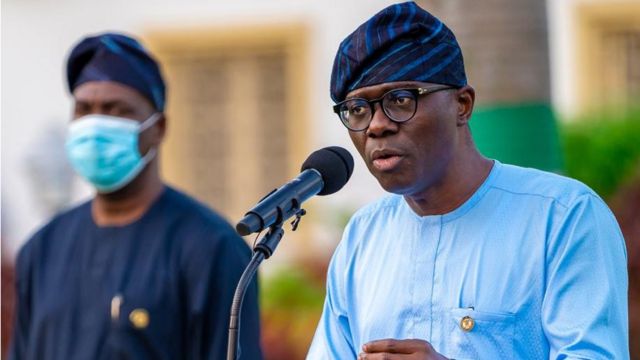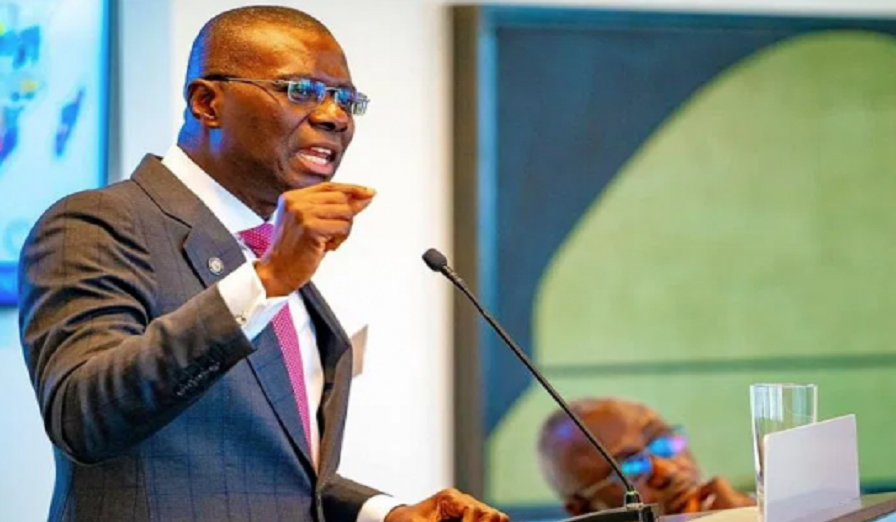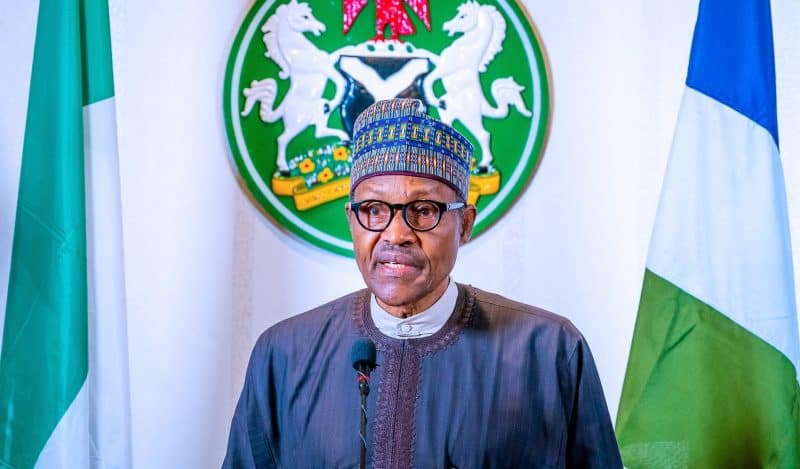President Muhammadu Buhari has ordered the Central Bank of Nigeria (CBN) to stop issuing loans to traders proposing to import food into the country, just as announced that in the year 2021, the administration would be placing more emphasis on addressing food inflation.
Buhari said that the new development was a strategy to boost funds circulation and further stabilize the economy following the impact of coronavirus on the country’s main source of revenue, oil, with production capacity and price cut down.
The president stressed that the country does not need imported foods to feed its citizens since no fewer than seven states have embarked on full-scale agricultural activities especially rice farming.
Speaking at the fifth regular meeting with the Presidential Economic Advisory Council held on Tuesday at the State House in Abuja, he noted that granting loan waiver to traders for food importation would cripple achievements made by the apex government in its diversification program that was aimed at reducing dependence on oil revenue.
While emphasizing the place of agriculture in the efforts to restore the economy global status, the President agreed that measures must be put in place to curtail inflation in the country:
Buhari, who wondered what would have happened to the country’s economy considering the devastating global crisis brought about by the COVID-19 pandemic if Nigeria had not embraced agriculture, said that the administration would keep a keen eye on food inflation in 2021 to sustain the gains recorded in the agriculture sector.
“Going back to the land is the way out. We depend on petrol at the expense of agriculture. Now the oil industry is in turmoil. We are being squeezed to produce at 1.5 million barrels a day as against a capacity to produce 2.3 million. At the same time, the technical cost of our production per barrel is high, compared to the Middle East production.
“We will continue to encourage our people to go back to the land. Our elite is indoctrinated in the idea that we are rich in oil, leaving the land for the city for oil riches. We are back to the land now.
“We must not lose the opportunity to make life easier for our people. Imagine what would have happened if we didn’t encourage agriculture and closed the borders. We would have been in trouble,” he added.
At the meeting which was attended by members of the cabinet, it was agreed that the sharp deterioration in the international economic environment was impacting Nigeria’s economic sustainability.
The apex government added: “Nigeria’s economic growth continues to be constrained by obvious challenges including infrastructural deficiencies and limited resources for government financing”.
The government further emphasized the need to make the private sector of the economy the primary source of investment, rather than the government.
As gathered, the meeting reviewed progress towards structural reforms in response to the economic crises, including the institution of the Economic Sustainability Plan, the changes in electricity tariff and fuel pricing regime, the partial re-opening of the Land Borders, the movement towards the unification of exchange rates and budgetary reforms through Finance Bill 2020 and 2021.
After the review, it was agreed that to prepare the country for the challenges ahead, it is imperative to ensure Macroeconomic stability, create certainty, and re-build investor confidence in the economy.
Also, it was emphasized that there was a need to deepen structural reforms initiated by the administration as a basis for stimulating investments from domestic and international sources with a view to raising productivity in key sectors of the economy.












